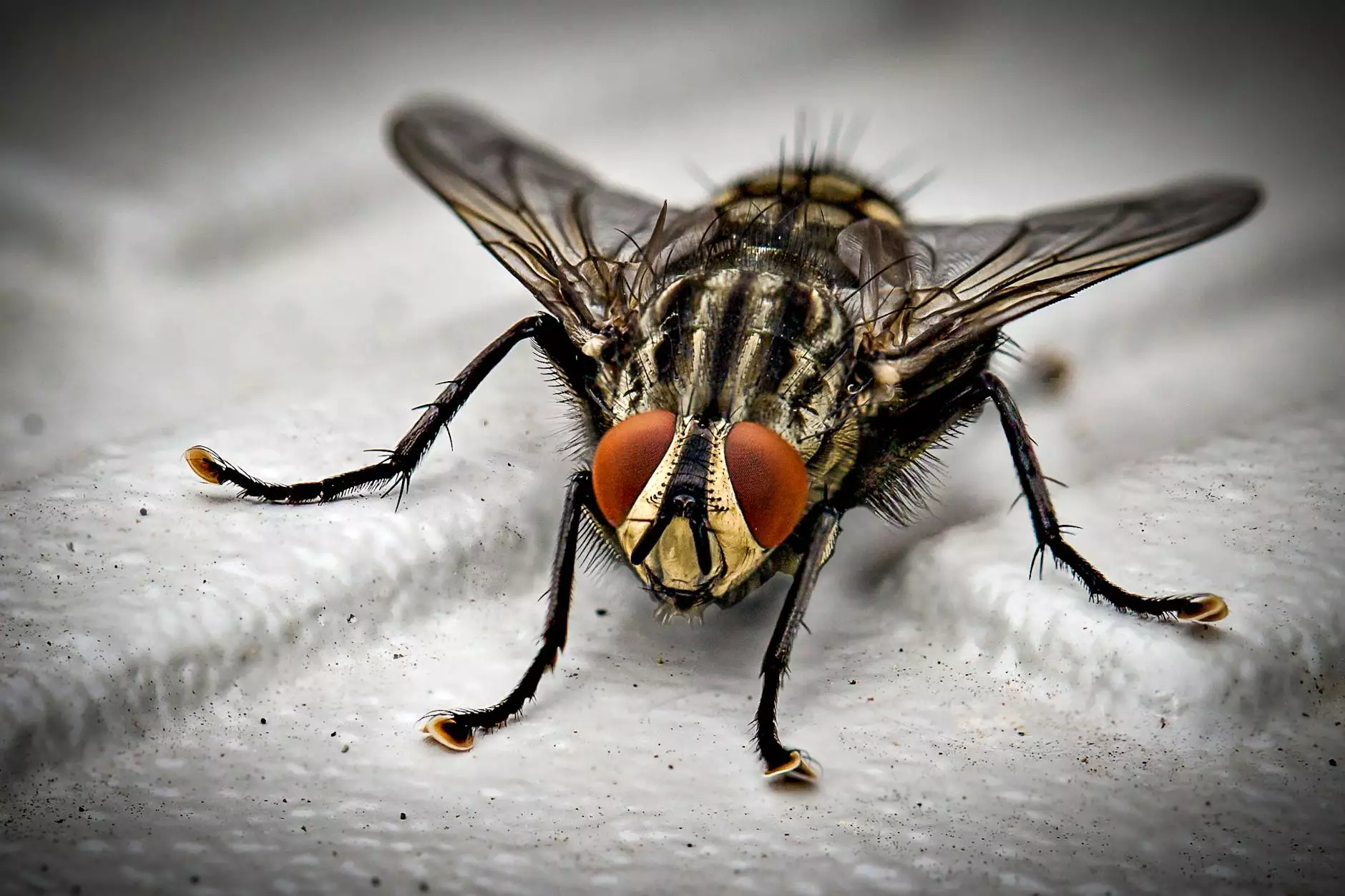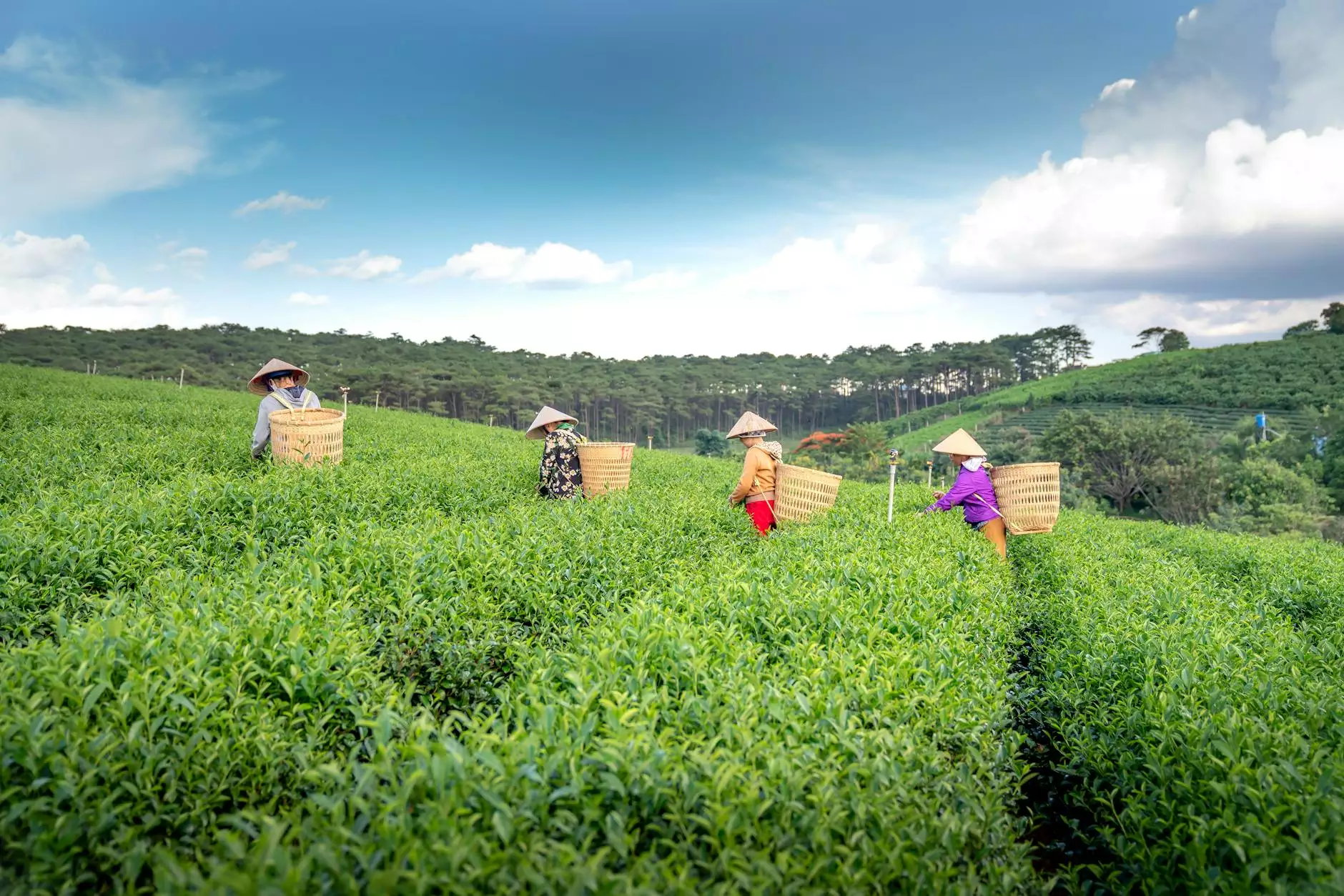The Importance of Insect Pest Management in Agriculture

As a leading provider of Farm Equipment Repair and Farming Equipment, TSGC Inc. understands the vital role that insect pest management plays in sustaining a healthy agricultural ecosystem. In this article, we will delve into the significance of effective pest control measures and provide insights on how farmers can tackle this challenge head-on.
Understanding the Impact of Insect Pests
Insect pests are a major threat to crop production worldwide, causing significant economic losses and jeopardizing food security. These pests feed on plants, leading to reduced crop yields, lower quality produce, and in severe cases, crop failure. It is crucial for farmers to implement proactive pest management strategies to protect their crops and ensure a successful harvest.
Integrated Pest Management (IPM)
Integrated Pest Management (IPM) is a holistic approach to pest control that emphasizes the use of multiple strategies to manage pest populations effectively. IPM focuses on minimizing pesticide use by incorporating techniques such as crop rotation, biological control, and cultural practices. By adopting an IPM approach, farmers can reduce reliance on chemical pesticides while maintaining sustainable pest control measures.
Effective Pest Control Strategies
When it comes to insect pest management, there are various strategies that farmers can employ to protect their crops. These strategies include:
- Biological Control: Utilizing natural predators or parasitoids to control pest populations.
- Cultural Practices: Implementing crop rotation, sanitation, and planting resistant crop varieties.
- Mechanical Control: Using physical barriers or traps to prevent pest infestation.
- Chemical Control: Applying pesticides as a last resort, following all safety guidelines and regulations.
Benefits of Sustainable Pest Management
By adopting sustainable pest management practices, farmers can not only protect their crops from insect pests but also safeguard the environment and public health. Sustainable pest control methods promote biodiversity, reduce chemical residues in food products, and mitigate the development of pesticide resistance in pest populations.
Conclusion
In conclusion, effective insect pest management is essential for maintaining the productivity and sustainability of agriculture. By implementing integrated pest management strategies and adopting sustainable practices, farmers can mitigate the impact of pest infestations and ensure a bountiful harvest. TSGC Inc. is committed to supporting farmers in their pest control efforts and providing top-notch farm equipment repair services to help them succeed in their agricultural endeavors.









